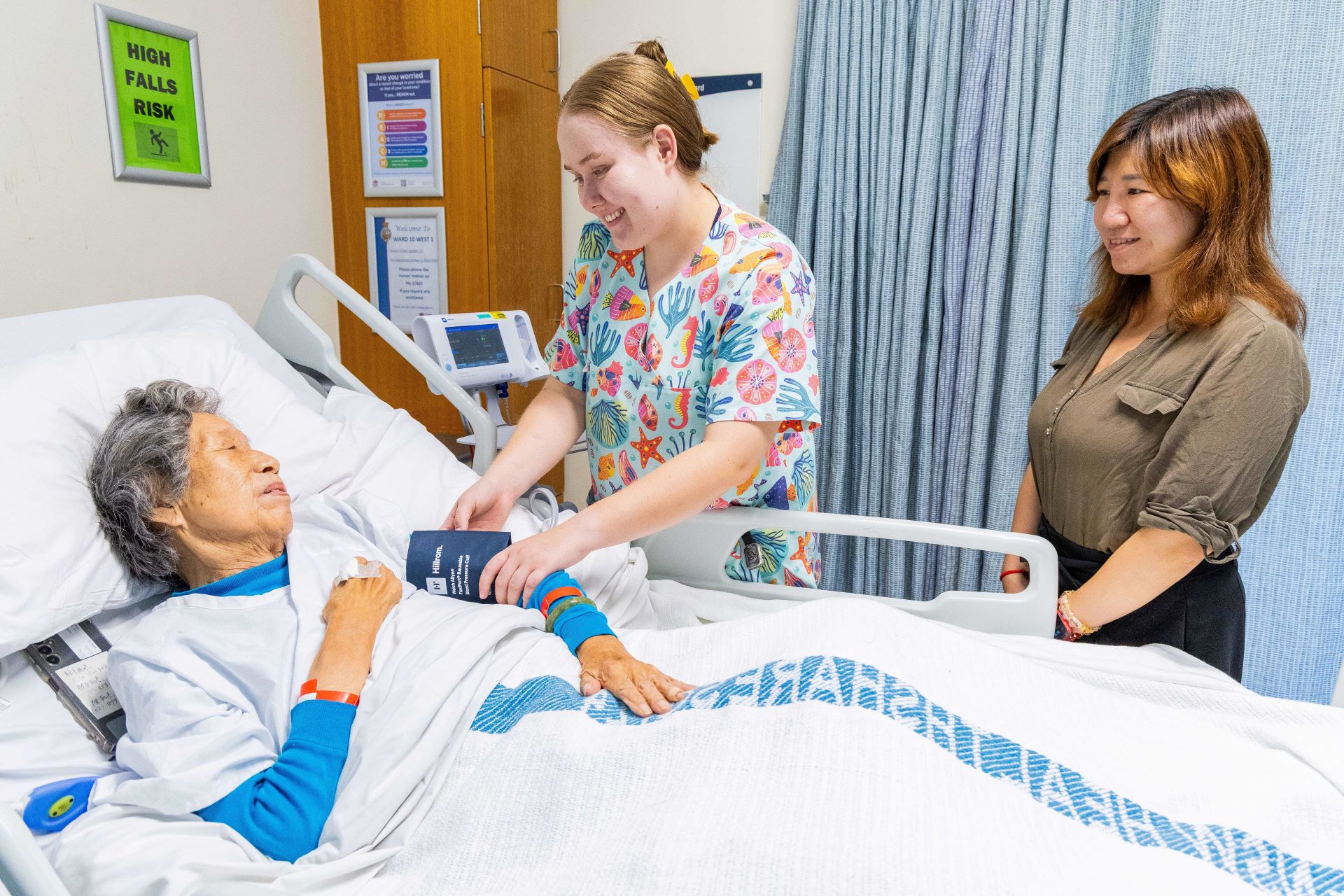
Frequently Asked Questions
Why is it important to use an interpreter?
Patients and their family and carers who do not speak English as a first language, are deaf or deaf and blind have the right to free, confidential and professional health care interpreters when they use public health services.
Many patients and carers who speak English as a second language may feel that they do not need an interpreter. However, the stress associated with illness or injury and the unfamiliarity of hospital can affect language skills, particularly if the person is elderly or has only learnt English recently. People can find their ability to communicate weakens in hospital. Also, conversational English is very different from the language used to discuss medical conditions, treatment options and health concepts. For this reason, it is best to use a professional health care interpreter.
Can I use a friend or family member to interpret for me?
It is NSW Ministry of Health policy that health care providers use professional health care interpreters because:
- Professional health care interpreters are trained in medical terminology and are bound by a code of conduct that requires them to relate information accurately and in full.
- Family, friends or children may miss information or misunderstand the information that requires interpretation, or not know how to phrase it in their community language. Asking a child to discuss health information places unnecessary pressure and stress on them. We want to ensure the best care possible for you, children may struggle to interpret complex health information.
Is the service confidential?
Professional health care interpreters are bound by a code of conduct which states that your health information must remain confidential. They are not permitted to disclose any information about you to anyone. The interpreters professional Code of Ethics can be found on the Australian Institute of Translators and Interpreter (AUSIT) website.
Do I need to arrange my own interpreter?
No. Your health care provider is responsible for organising the interpreter for you.
What if I need to use an interpreter to contact the health service?
Non-English speaking patients can contact the health service by calling the Translation and Interpreter Service (TIS) on 131 450. They should tell the operator the language that they speak and ensure that they have the name and telephone number of the staff member that they wish to contact. This is a free service available 24 hours per day, 7 days a week.
Can I have an interpreter from Sydney Health Care Interpreter Service when I visit my family doctor or specialist in their private practice?
Sydney Health Care Interpreter Service does not provide interpreters for doctors in their private practices.
The Translation and Interpreter Service (TIS) provides a Doctors Priority Line, which is a free, 24 hours per day, 7 days per week telephone interpreting service. Doctors in private practice can use the Doctors Priority Line when their services are covered by Medicare and provided to non-English speakers who are Australian citizens or permanent residents. Doctors must register with TIS in advance to use this service. For further information, please call TIS Language Policy Liaison Team on 1300 575 847 or visit their website.
You can carry with you the 'I need an Interpreter' card or a language identification card to indicate which language you speak and that you need an interpreter.
